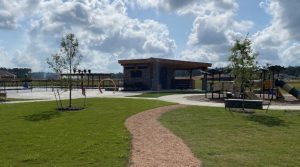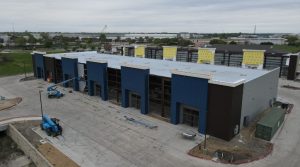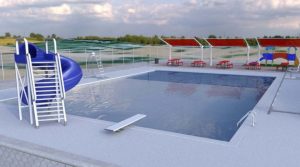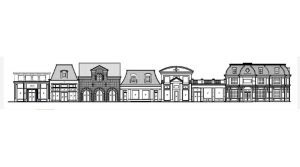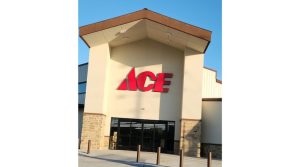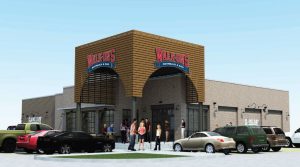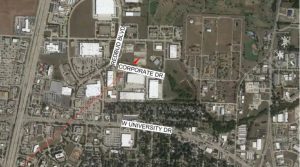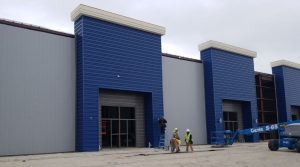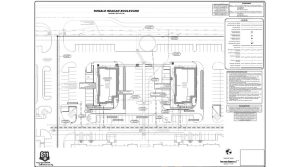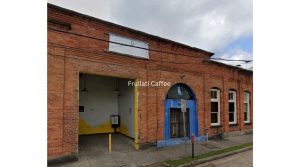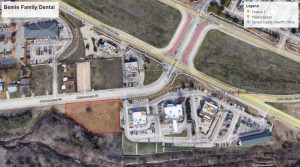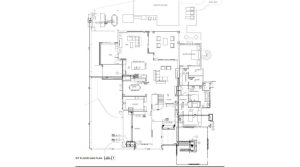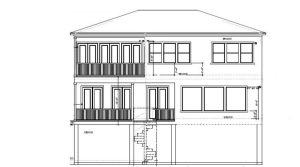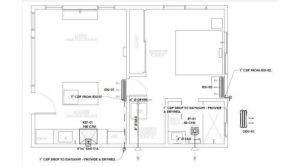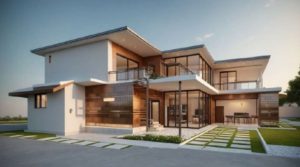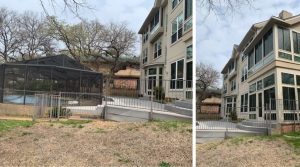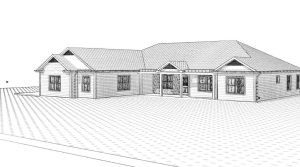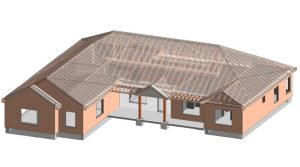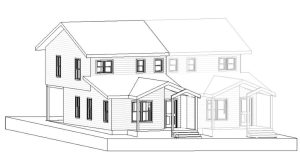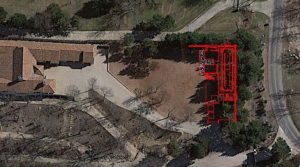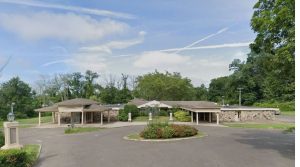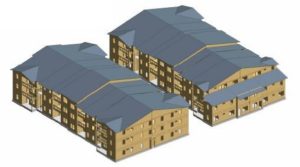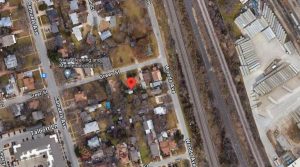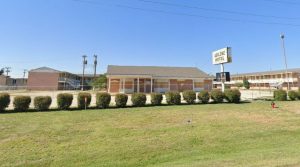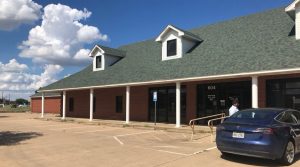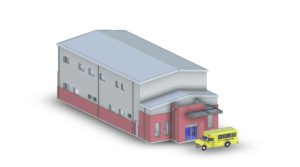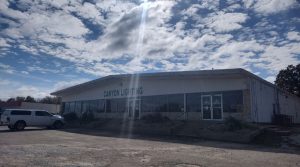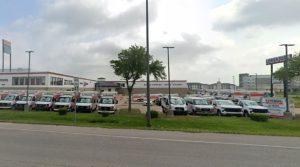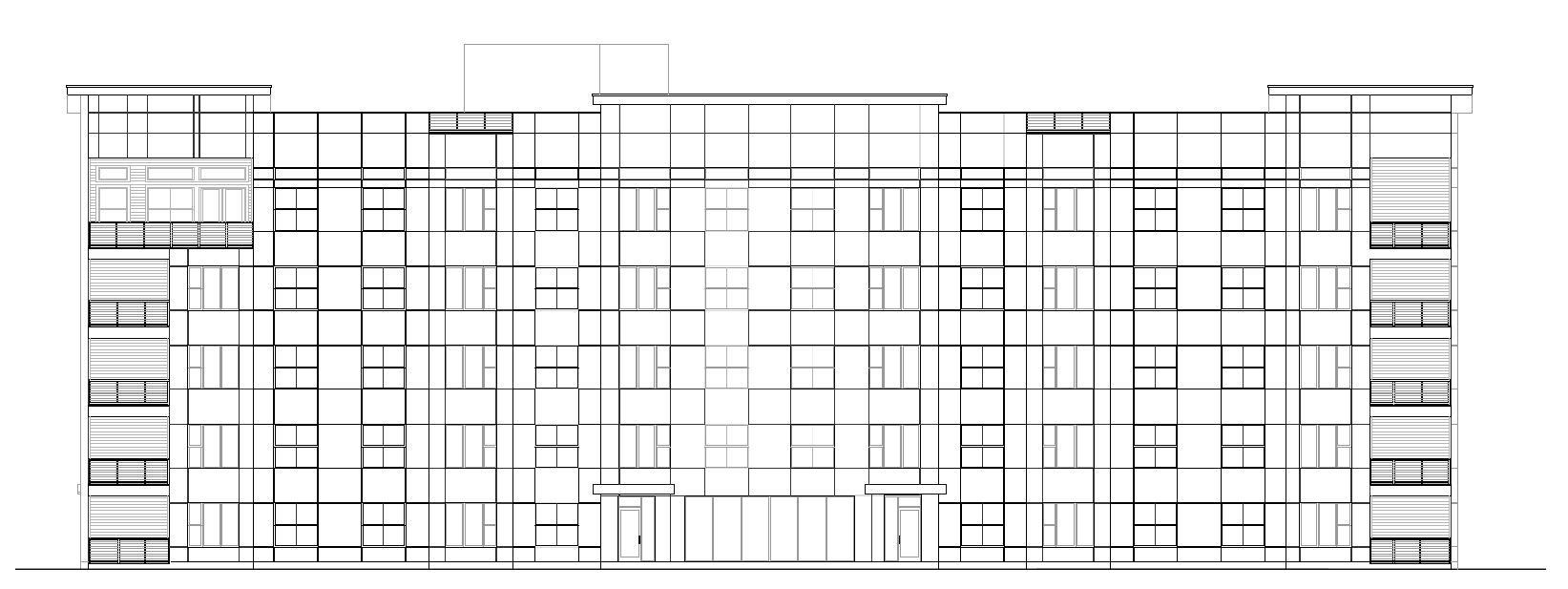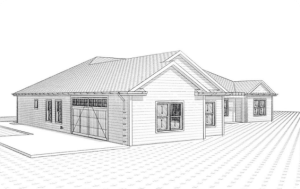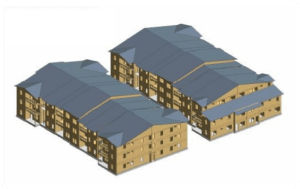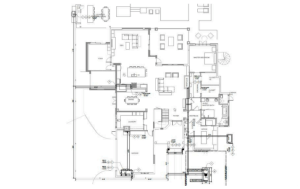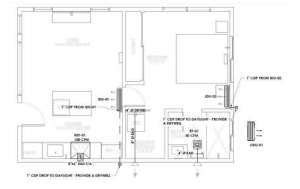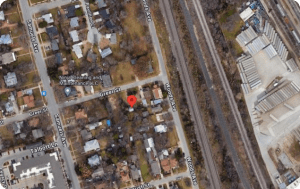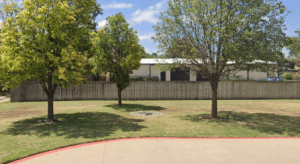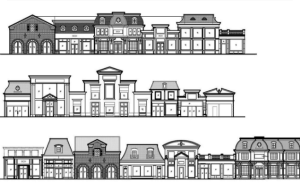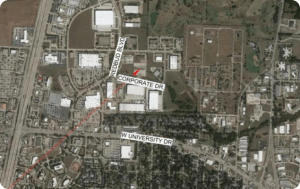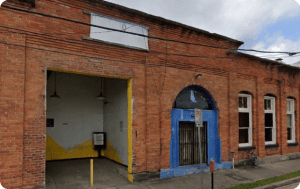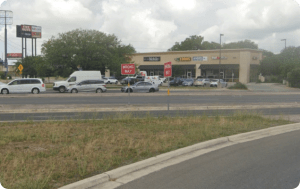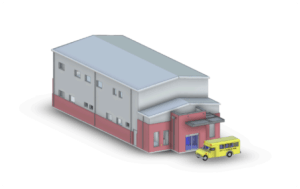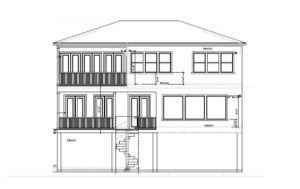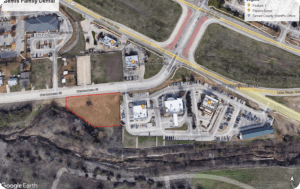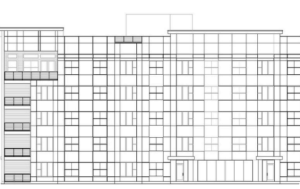MEP Design for Different Building Types: Residential vs Commercial vs Healthcare
Mechanical, Electrical, and Plumbing (MEP) systems are the foundation of modern construction. From small residential homes to complex healthcare facilities, every building relies on well-planned MEP systems to function efficiently and safely. Yet, MEP Design is never one-size-fits-all. Each building type has its own unique requirements, challenges, and codes. Understanding these differences is the key to delivering high-performance MEP Engineering Solutions that ensure comfort, compliance, and long-term sustainability.
At GDI Engineering Design, our expert team provides tailored MEP Engineering services to meet the needs of residential, commercial, and healthcare projects. Let’s explore how MEP systems differ across these building types and why a customized approach matters.
What Makes MEP Engineering Important?
MEP Engineering is more than just installing systems—it integrates mechanical, electrical, and plumbing components into a building’s core. These systems control heating and cooling, provide lighting and power, deliver water and drainage, and ensure safety through fire protection. Without careful planning, buildings can face issues such as poor air quality, energy inefficiency, or costly system failures.
Well-designed MEP Engineering Solutions provide:
- Comfort and health – maintaining air quality, temperature, and water supply.
- Safety and reliability – ensuring power continuity, fire safety, and emergency response.
- Energy efficiency – reducing operational costs and meeting sustainability goals.
- Compliance – adhering to building codes, health regulations, and safety standards.
MEP Design in Residential Buildings
Residential projects, whether single-family homes or multi-unit apartments, require MEP systems that prioritize comfort, cost efficiency, and ease of use.
- Mechanical (HVAC): Smaller systems like split units or ductless solutions are common. The focus is on comfort, quiet operation, and energy savings.
- Electrical: Systems must support lighting, appliances, and increasingly renewable sources such as solar panels. Backup systems are less complex but may include small generators or batteries.
- Plumbing: Domestic water supply, drainage, and hot water distribution are essential. Layouts are simpler but must be efficient for limited spaces.
- Safety: Fire alarms, smoke detectors, and basic code compliance ensure occupant safety.
Residential MEP Design must balance affordability with performance. Homeowners often seek sustainable, energy-efficient solutions that reduce utility costs without sacrificing comfort.
MEP Design in Commercial Buildings
Commercial spaces such as offices, retail centers, and hotels operate on a much larger scale. Their MEP systems are far more complex due to higher occupancy and varied usage patterns.
- Mechanical (HVAC): Centralized chillers, boilers, or rooftop units manage multiple zones with different climate needs. Energy management systems help control loads and improve efficiency.
- Electrical: Large power distribution systems are needed for lighting, office equipment, escalators, and elevators. Emergency backup power is critical to maintain operations during outages.
- Plumbing: High fixture counts, drainage for restrooms, and water supply for cafeterias or food service areas are common. Some projects also include rainwater harvesting or greywater reuse.
- Safety: Fire suppression systems, sprinklers, and smoke control systems must meet strict building and fire codes.
Commercial MEP Engineering Solutions emphasize scalability, reliability, and compliance. Since downtime can disrupt business operations, system redundancy and efficiency are top priorities.
MEP Design in Healthcare Facilities
Healthcare facilities demand the most sophisticated MEP systems because patient safety and health outcomes depend on them. Hospitals, clinics, and laboratories operate 24/7 and must comply with stringent codes and regulations.
- Mechanical (HVAC): Advanced ventilation systems maintain strict temperature, humidity, and air-change rates. Negative and positive pressure zones control infection spread between operating rooms, ICUs, and isolation wards.
- Electrical: Life-safety equipment requires uninterrupted power. Redundant systems, backup generators, and UPS devices ensure critical devices like monitors, ventilators, and imaging machines never fail.
- Plumbing: Beyond standard water supply, healthcare facilities need sterilization systems, medical gas pipelines, and specialized waste management for hazardous materials.
- Safety: Fire protection, alarm systems, and fail-safe designs must exceed normal standards to protect patients and staff.
Because errors in healthcare MEP Design can risk lives, these projects require deep expertise, precise execution, and ongoing compliance with health authority guidelines.
Comparing Residential, Commercial, and Healthcare MEP Design
The differences between building types highlight why a specialized approach is necessary:
- Scale & complexity: Residential systems are small-scale, commercial projects are mid- to large-scale, while healthcare facilities are the most complex.
- Occupancy & usage: Homes prioritize comfort, commercial spaces focus on efficiency, and healthcare buildings demand continuous reliability.
- Regulatory requirements: Codes are less demanding for residential projects, stricter for commercial buildings, and extremely rigorous for healthcare facilities.
Best Practices for MEP Engineering Solutions
Across all building types, successful MEP Engineering depends on:
- Early involvement of MEP engineers to coordinate with architects and contractors.
- Proper system sizing to avoid inefficiency or unnecessary costs.
- Energy-efficient solutions such as LED lighting, renewable energy, and optimized HVAC systems.
- Regulatory compliance with building, fire, and health codes.
- Design for maintenance to simplify future repairs and upgrades.
Why Choose GDI Engineering for MEP Design?
At GDI Engineering Design, we deliver innovative MEP Engineering Solutions for every project type. Our team combines technical expertise with practical experience to provide:
- Customized designs for residential, commercial, and healthcare facilities.
- Energy-efficient and sustainable systems.
- Compliance with local, national, and industry regulations.
- Collaborative coordination with architects and contractors.
Conclusion
MEP Design varies greatly between residential, commercial, and healthcare projects, but all require skilled planning and execution. With the right MEP Engineering Solutions, buildings can achieve comfort, safety, efficiency, and long-term performance. Partnering with experts like GDI Engineering Design ensures your project is supported by advanced, reliable, and cost-effective MEP Engineering from concept to completion.

